Will years of efforts to fight plastic pollution and reduce single-use plastics be wiped out?
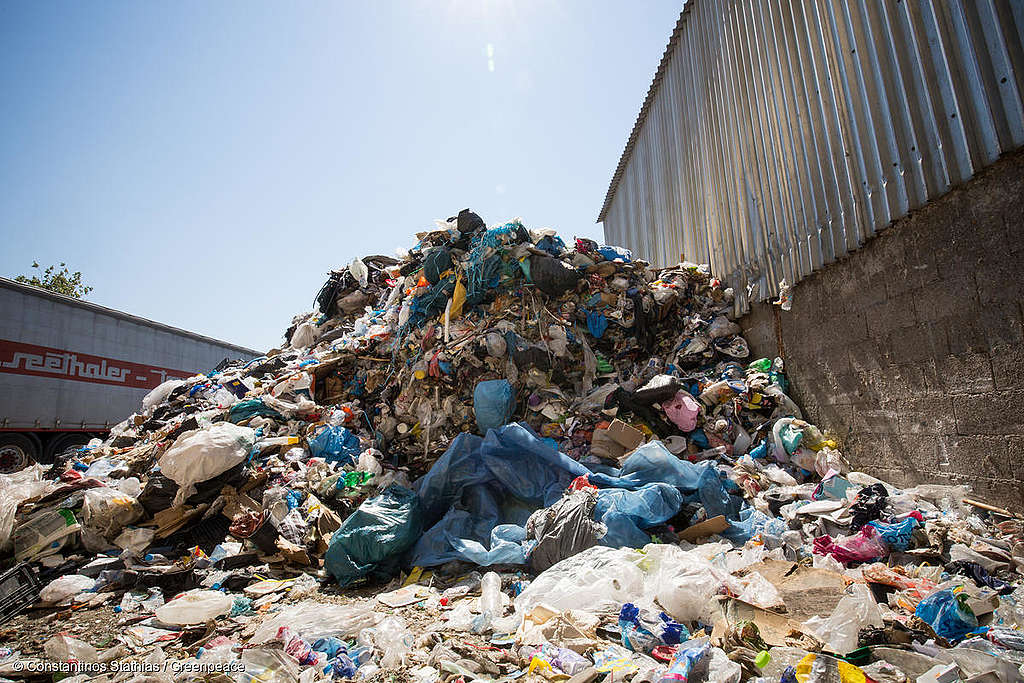
The year 2020 was supposed to be the year of the climate. It was also supposed to be the year of a marked shift towards an economy less dependent on single-use plastics. In February, the federal government released its draft scientific assessment of plastic pollution. The research compiled by government scientists provided enough evidence of the damage this pollution is doing to our communities and the environment to move the government toward a ban on the most problematic single-use plastics in 2021. Then the Covid-19 crisis hit.
Since then we have seen a resurgence in the use of disposable plastics. Coffee shops and supermarkets have paused their programs to encourage reuse. Restaurants have been forced to turn to take-away only. Bulk food sections of various stores have been closed. Finally, deposit systems are at a standstill, suggesting that many of the containers that could have been reused or recycled could be headed for landfills.
We can hope that next year the coronavirus crisis will be behind us, but this will not be the case for plastic pollution and the waste crisis.
Who benefits from the crisis?
It is easy to see how and why this crisis is timely for the plastic industry. This health crisis represents an opportunity to increase production on the one hand, and to undermine efforts to combat plastic pollution on the other.
Plastic lobbies were very quick to question the use of reusable bags, which they believe would be less hygienic than disposable ones, even though no evidence is put forward to support the comparison and science has a different view on the issue. Nevertheless, this has led several municipalities, provinces and states in North America to cancel or postpone the implementation of the plastic bag ban, a long-awaited first step.
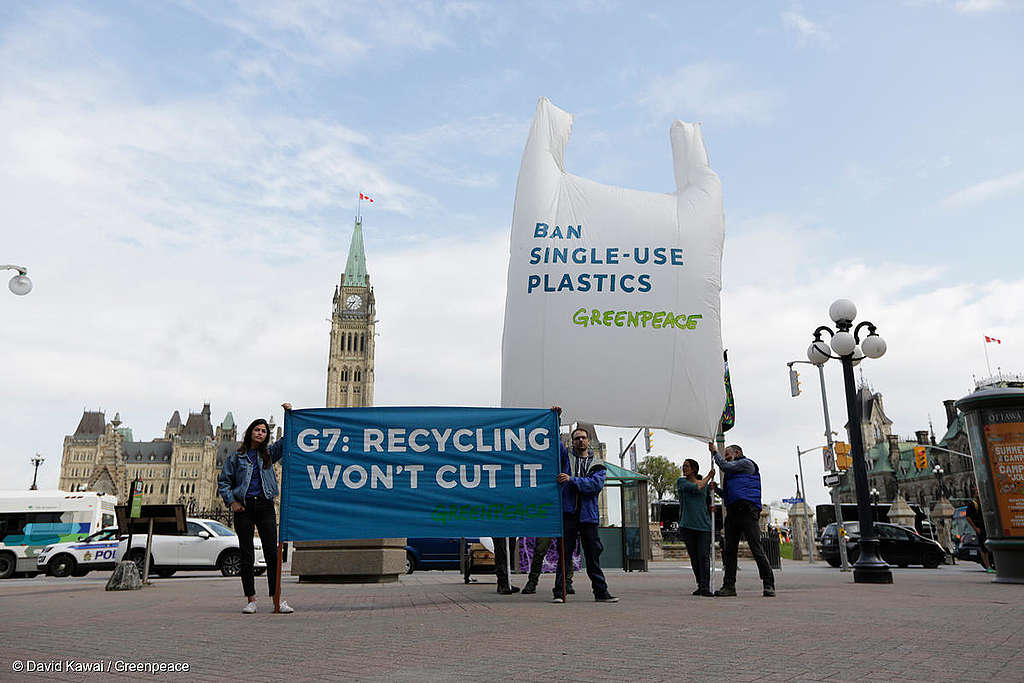
And meanwhile, the recycling crisis will not have disappeared and the waste management sector will be no better able to process massive volumes of post-pandemic plastic.
Is this the future we want? Can we in good conscience let the plastics industry dictate the rules and cause such setbacks?
Rethinking, reinventing, reprogramming
While the federal government is currently working on regulations that will lead to the phase-out of non-essential single-use plastics, it is essential that our voices are louder than the petrochemical lobbies.
I invite you today to write to the Minister members of the Cabinet Committee on Economy and Environment, as well as to the Minister of Health, to make known your demand for a #PlasticFreeFuture:
We are at a crossroads. We could inherit weak regulations that leave the door wide open to increased production of single-use plastics. Or we can now put pressure on our elected representatives to take into account the impacts of single-use plastics on our health, wildlife, environment and climate, and take the necessary steps to move away from the single-use culture and organize a green and just way out of the crisis. The first step is to require a comprehensive list of problematic single-use plastics that should be banned in 2021.
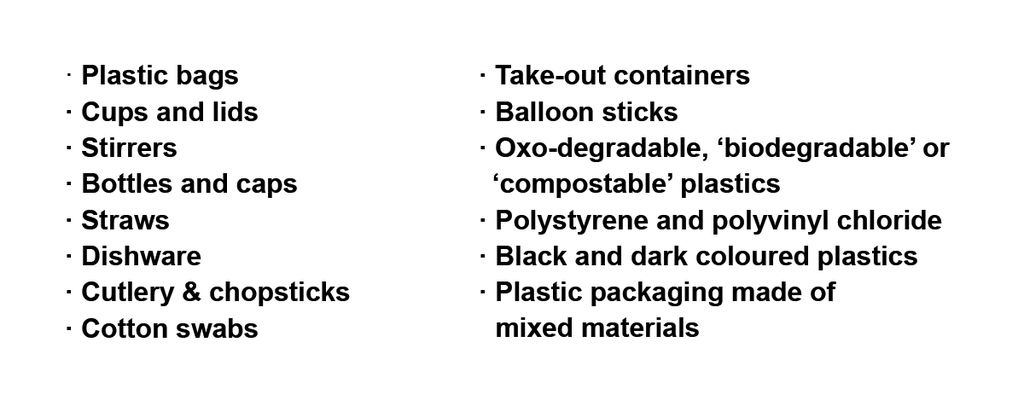
We can choose an economy that is less dependent on plastics and therefore less dependent on fossil resources such as oil and gas. A truly circular economy with a focus on zero waste solutions that create green jobs, innovation and business opportunities at the local level, keeping people’s interests front and center. The response to the plastics crisis should not be based solely on individual choices. It must be legislative and coordinated.
Let’s make sure that our way out of the crisis is not at the expense of our health and the planet.


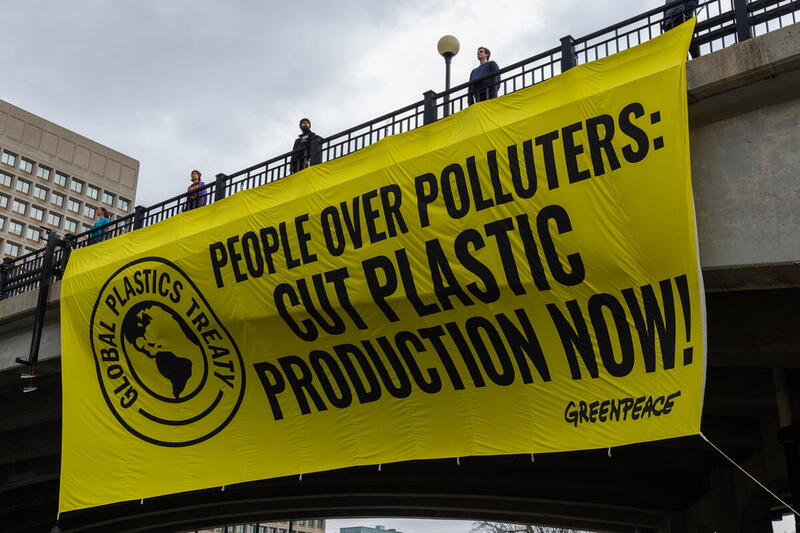
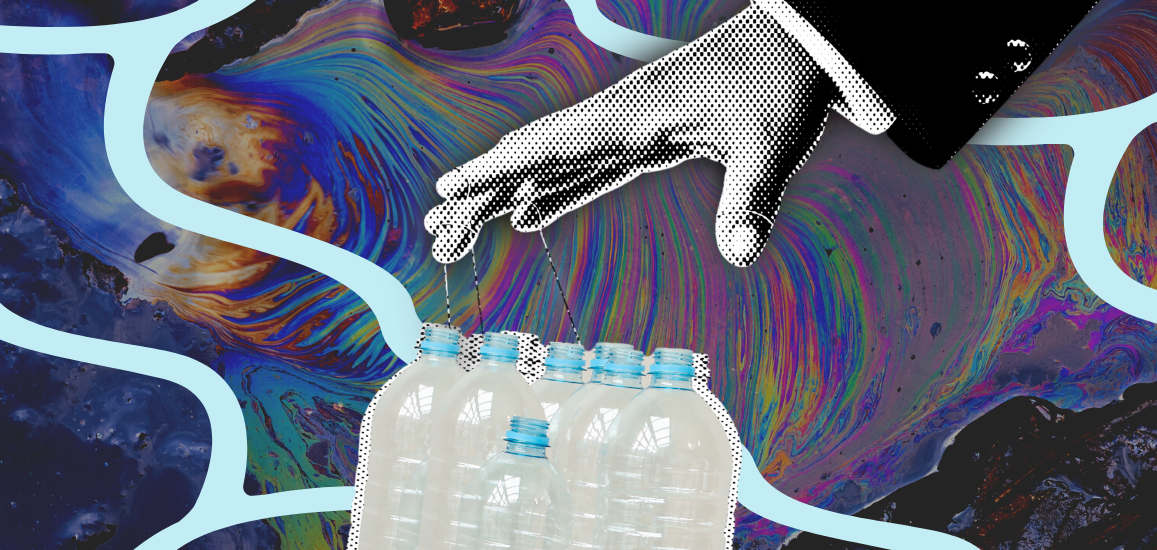
Discussion
https://www.ctvnews.ca/climate-and-environment/canada-banning-plastic-bags-straws-cutlery-and-other-single-use-items-by-the-end-of-2021-1.5135968 This excluded plastic water bottles. We should all be emailing our representative to change that. I would like to see a ban on all plastic, including back to glass for coke bottles too.